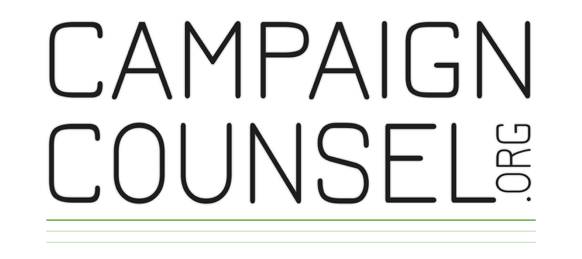Capital Campaign Feasibility Study: Blueprint for a Successful Campaign
Is a Traditional Feasibility Study Enough for Your Capital Campaign?
We believe that for capital campaigns, you must expand the limited scope of the traditional Feasibility Study into a comprehensive Capital Campaign Planning Study. This comprehensive study should determine feasibility but also create a blueprint to guide you to capital campaign success.
Your study should include everything normally associated with a feasibility study plus create a detailed fundraising plan and case for support, while also cultivating potential leaders and donors. It should be considered the first step in launching a capital campaign.
What are the four key elements of your best capital campaign feasibility study?
1. Feasibility
Determination of the expected maximum and minimum amounts that could be raised in a capital campaign.
2. FundRaising Plan
A Campaign Planning Study includes a written fundraising plan outlining, month-by-month, how a campaign will unfold. This plan includes a full disclosure of potential donors and suggested request amounts, a synopsis of the availability of key leaders, costs for the campaign, timetable, constituency goals, chart of gifts and organizational structure. This plan includes the identification of the conditions and steps needed to maximize the campaign’s chances for success.
3. Case for support
In addition to feasibility and the campaign plan, the Campaign Planning Study should include an initial draft of a comprehensive case for support. This case for support suggests how the case should be presented to attract the highest level of support possible.
4. Cultivation and Education of Donor and Donor Constituencies
Instead of interviewing only 30 or 40 community leaders (as is often done in the more limited feasibility study), the Campaign Planning Study should include an unlimited number of interviews, focus groups, direct mail surveys, and research into corporate and foundation prospects. By focusing on cultivating and educating potential leaders and donors, the organization can be assured that the greatest degree of buy-in from the constituent community is received prior to even launching the campaign. From this point, the rest of the campaign will strengthen these connections with prospective donors and leaders.
Prepared for a Capital Campaign
The Campaign Planning Study eclipses the traditional capital campaign feasibility study and becomes the launching point of the campaign. Without this information, the organization will be running a campaign without a fundraising plan, which is a little like building a house without blueprints.
Your study should always include a campaign planning element that can help launch a campaign quickly and efficiently. It should also keep an organization from making a mistake in attempting things it cannot accomplish from a fundraising standpoint. It's important to have an objective evaluation of the potential – and not create an environment where the study is just a sales vehicle for the consultant.
Logic should rule in evaluating any feasibility study report. Don't be fooled by generalities and vagaries. Reports with unlimited anonymous quotes and generic plans are more about a consultant selling its services than preparing an organization for a campaign. Become fully prepared by seeking a study from a consultant who provides the complete picture and plan.
If you’re interested in learning more about campaign planning, download our Guide To Capital Campaigns or contact us for a capital campaign workshop today.
Kevin Wallace is president of CampaignCounsel.org, specializing in capital campaign planning and management.







